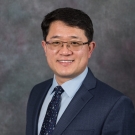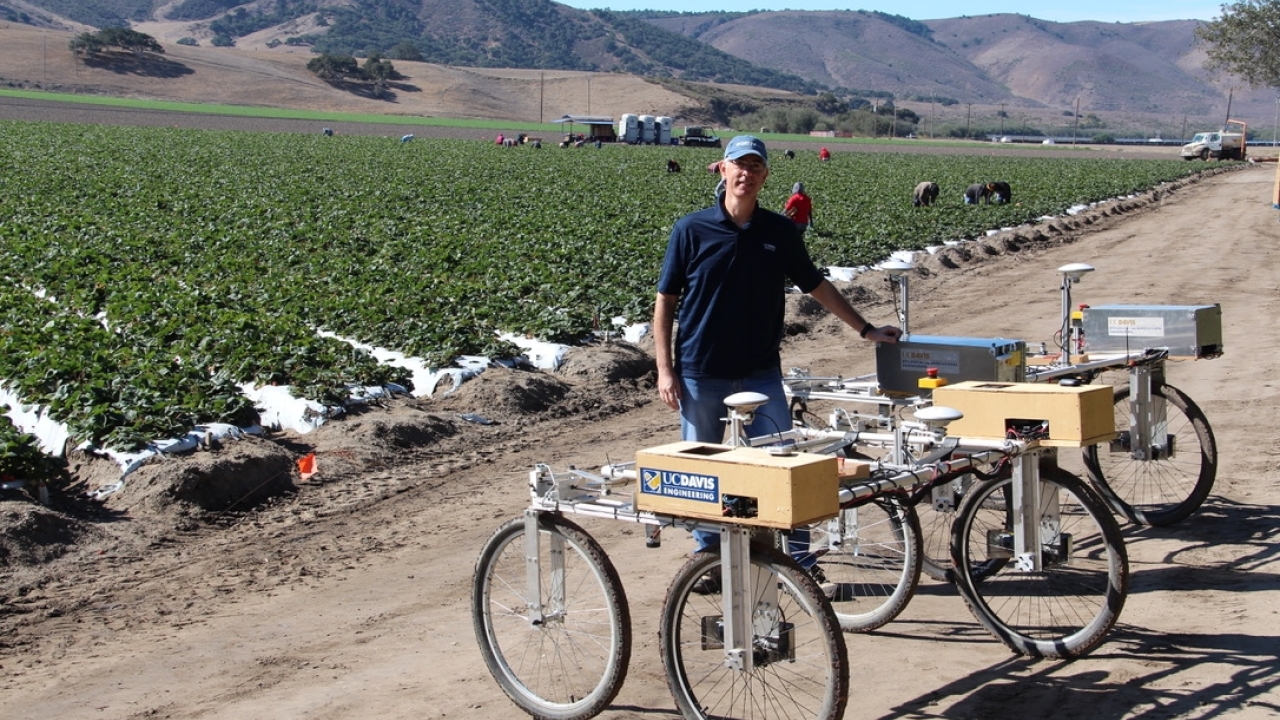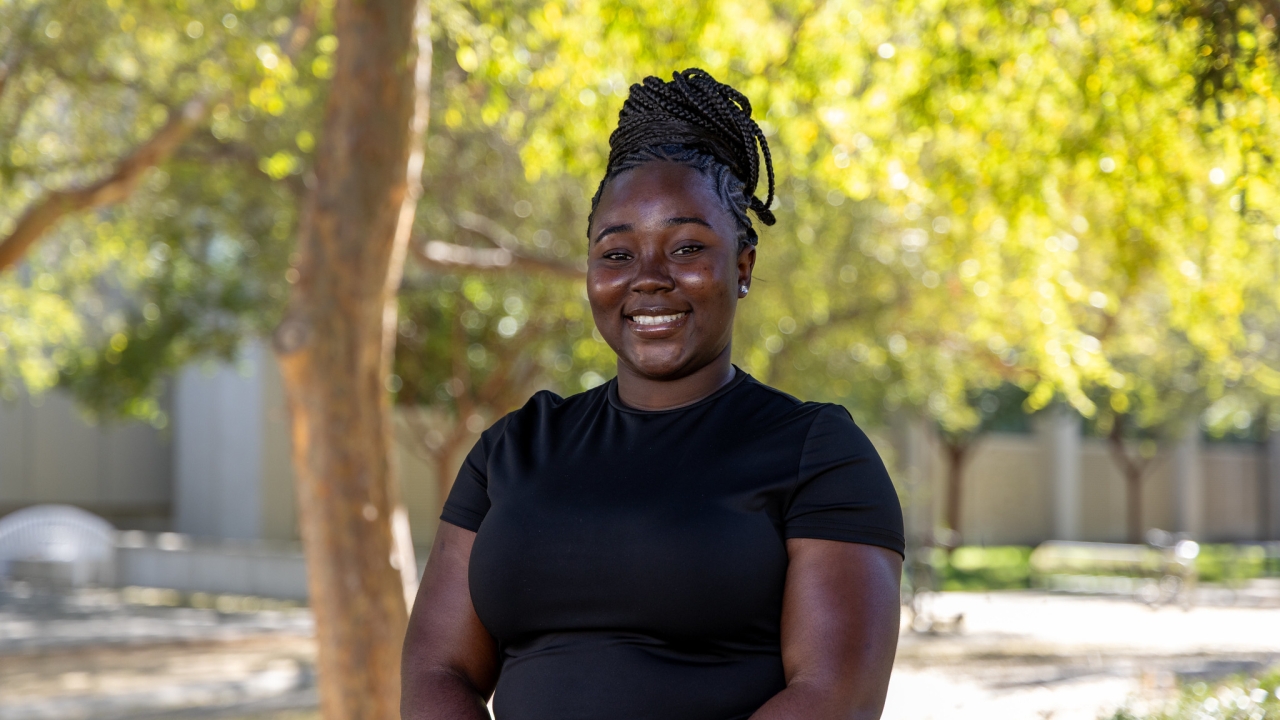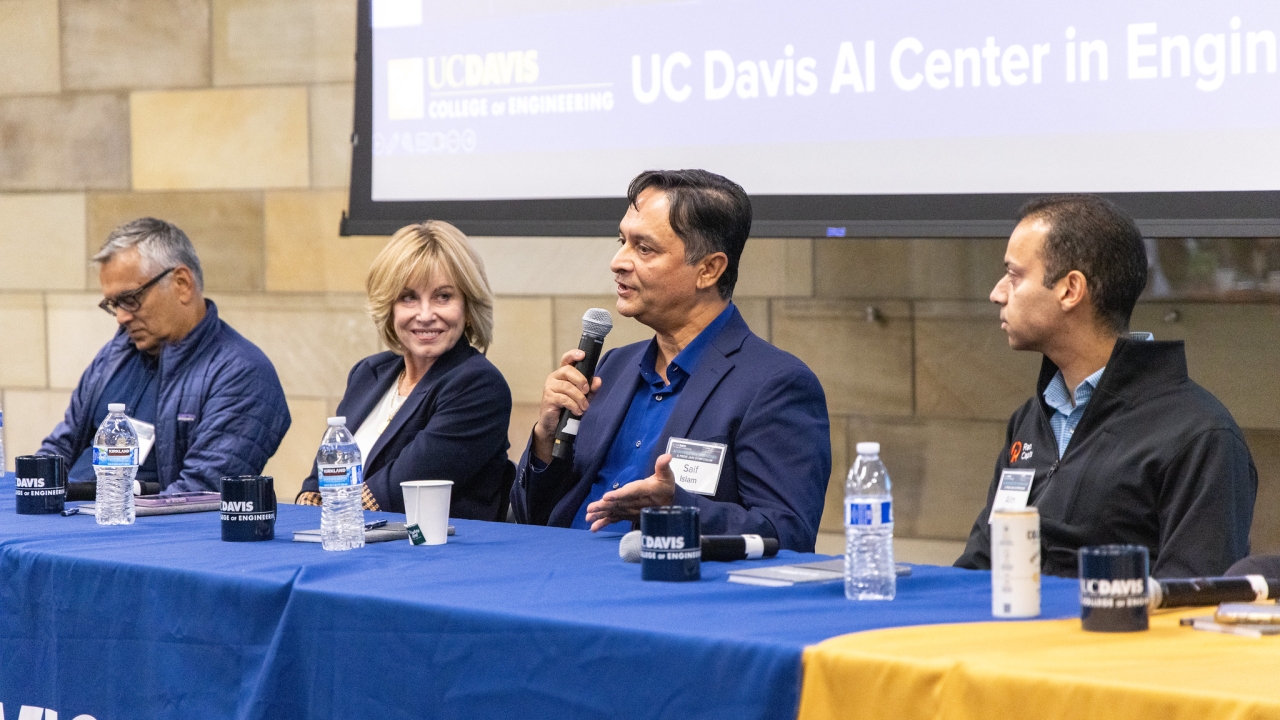2025 Zuhair A. Munir Award Honors Groundbreaking Dissertation on Extracellular Vesicles
Biomedical engineering Ph.D. Rachel Mizenko explores the role of EVs in disease progression and their utility in diagnostics and therapeutics
The University of California, Davis College of Engineering has selected Rachel Mizenko, who earned her Ph.D. in biomedical engineering in 2024, to receive the Zuhair A. Munir Award for best doctoral dissertation for her groundbreaking research with extracellular vesicles.
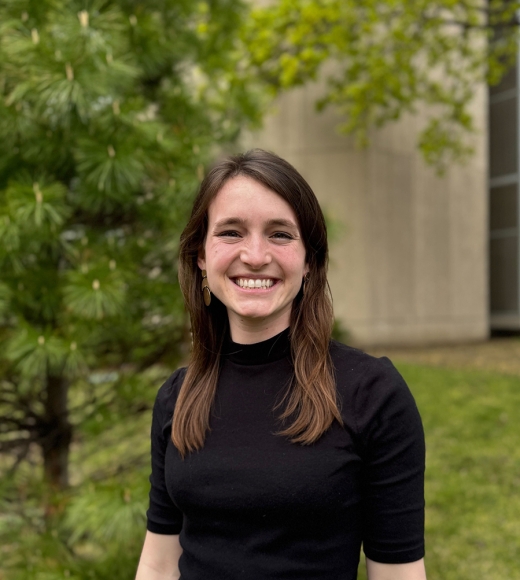
The college established the annual award in 1999 in honor of Zuhair A. Munir, the former dean of engineering who led the college from 2000 to 2002 and acted as associate dean of graduate studies for 20 years. The award recognizes a doctoral student, their exemplary research and the mentorship of their major professor.
Mizenko's dissertation, titled "EV heterogeneity: an essential feature for intercellular communication in health and disease and an underutilized resource in the clinic," explores the role of extracellular vesicles, or EVs, in metastatic progression and their potential use for drug delivery and diagnostics.
"I am immensely honored to receive this award," Mizenko said. "Collaborating with so many different experts throughout this work and looking at EVs in different diseases and contexts was an amazing opportunity to experience how vast the field is. I hoped with my dissertation that I could combine all of the work we did and show how these projects fit into the ever-growing advances that make the field of EV research so exciting."
Her work was partially supported by a predoctoral fellowship from the National Institute of Neurological Disorders and Stroke. It has led to advancements in characterizing how EVs interact with the central nervous system, contributing to new strategies for evaluating EV engineering approaches and cancer metastasis research.
Under the mentorship of Randy Carney, associate professor of biomedical engineering, Mizenko has proven to be an articulate, prolific and impactful researcher, serving as co-author of several research papers. She is also the sole first author of the paper, "Tetraspanins are unevenly distributed across single extracellular vesicles and bias sensitivity to multiplexed cancer biomarkers" (chapter five of her dissertation), which was published in the Journal of Nanobiotechnology in 2021.
In the paper, Mizenko identified subpopulations of EVs marked by the distribution of tetraspanin proteins that impacted the sensitivity of EV-based cancer diagnosis. Her findings challenged previous assumptions about these tetraspanin markers and reinforced the need to rethink diagnostics designed around EVs. This work has been cited more than 130 times to date, and Mizenko has been invited to deliver numerous oral presentations on her research.
"A year or two after that paper was published, I remember watching a presentation at a conference and seeing a scientist whose work I admired use a snapshot of my paper to highlight as an important consideration for their own work," recalls Mizenko. "After the initial shock, there was an immense amount of pride in knowing I had contributed to the field in a meaningful way."
Earlier this year, "Harnessing extracellular vesicle heterogeneity for diagnostic and therapeutic applications" was published in Nature Nanotechnology, with Mizenko listed as co-first author. This review, which investigates how scientists might use new technologies to better understand the differences between EV types to eventually turn them into powerful tools for diagnosing and treating disease, could be one of Mizenko's biggest pieces of work to come out of her dissertation, according to Carney.
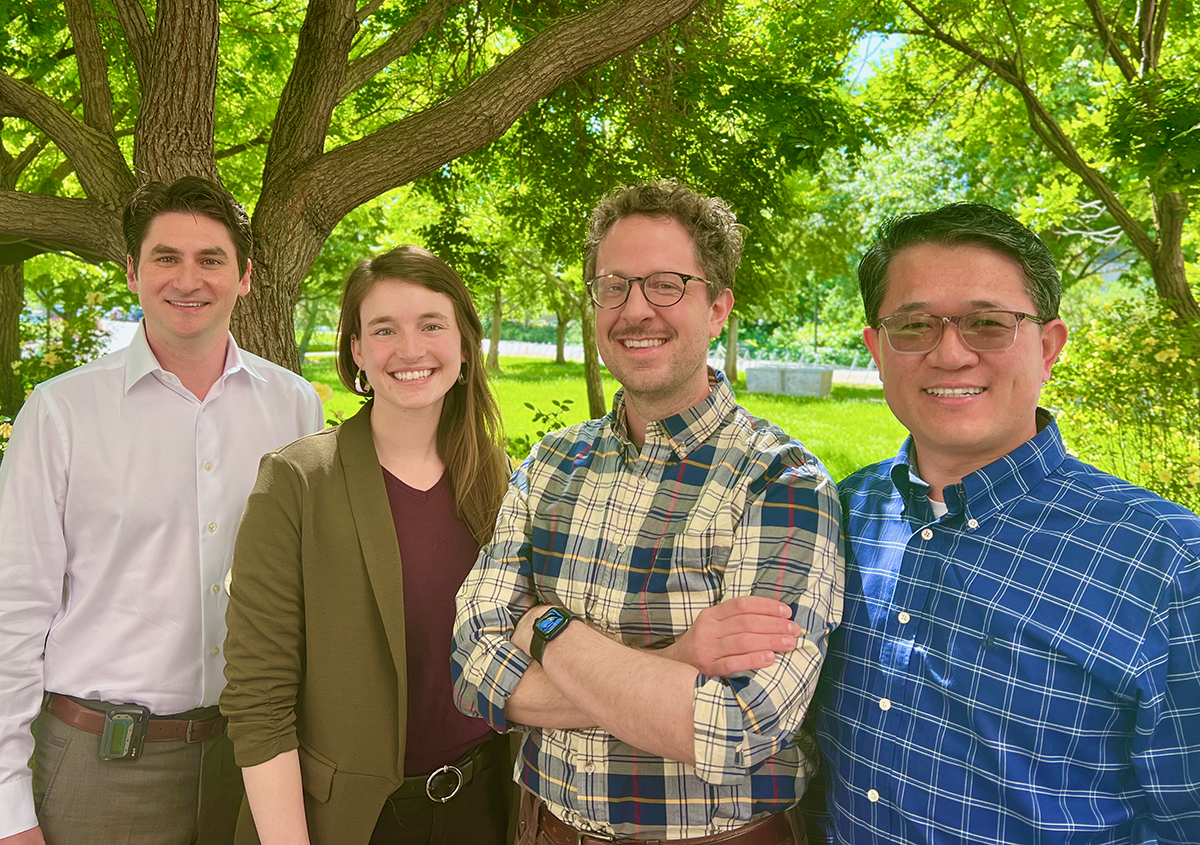
"Mentoring Rachel has been one of the most rewarding experiences of my career," Carney said. "She brought originality and a deep curiosity to every challenge, and it's been incredible to see her grow into the kind of scientist who is helping to define our young field. I'm so proud to see her receive this well-deserved recognition."
Prior to joining UC Davis, Mizenko earned her Bachelor of Science degree in chemical and biochemical engineering from the Colorado School of Mines. She is continuing her research as a postdoctoral fellow at Northwestern University's International Institute for Nanotechnology, integrating synthetic biology and biomimetic nanotechnology to develop innovative EV-inspired platforms for targeted drug delivery and cellular engineering.
As she embarks on her next chapter, Mizenko reflects on the immense support and generosity she found at UC Davis through her collaborators, including Carney, her three co-first authors on different chapters of her dissertation, and her panel of mentors, including Professor of Biomedical Engineering Aijun Wang.
"My time at Davis really taught me the importance of collaboration," she said. "I really believe that collaboration improves both the science and the scientist, and I hope to continue to be able to work with individuals who inspire me. Understanding the impact of surrounding yourself with passionate scientists will be a lesson I carry to all my future work."


